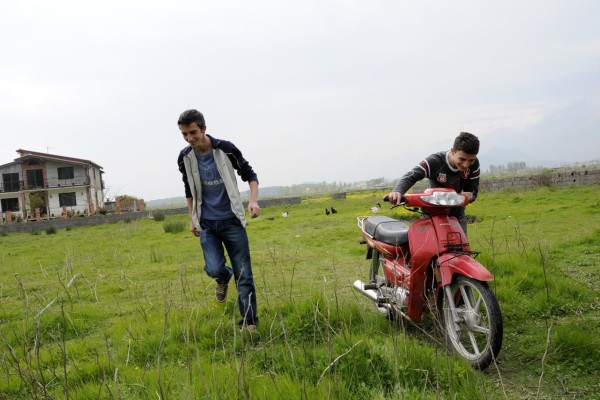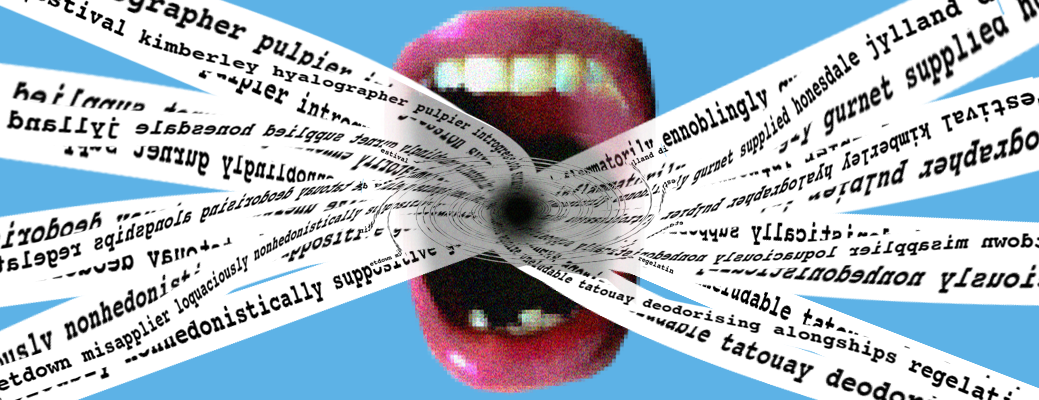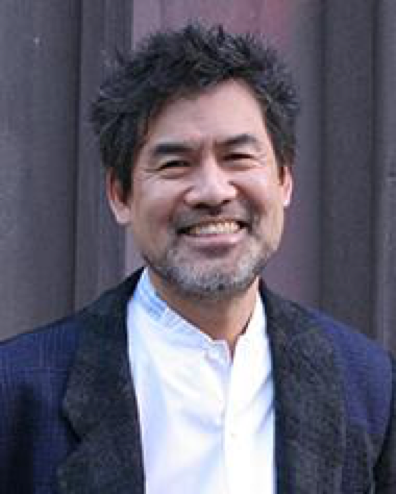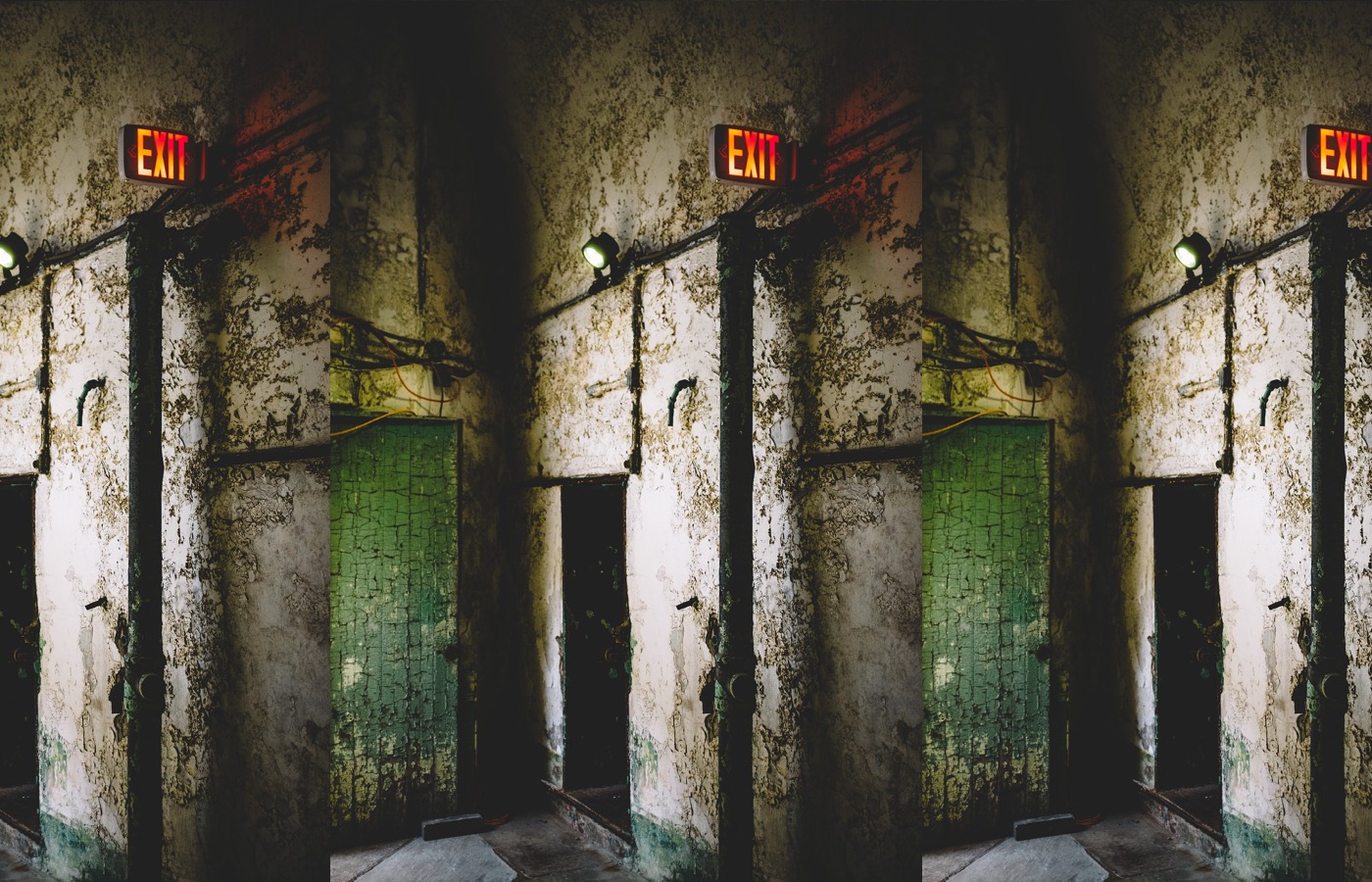by Ela Bittencourt
The 35th Mostra Internacional de Cinema ran from October 21st to November 3rd, 2011. Among the films presented I saw some notable gems, well worth seeking out.
Oslo, August 31, by Norwegian film director Joachim Trier, is an intimate, anguished portrait of a young man, Anders, who leaves a drug rehabilitation center and wanders through his native Oslo. Through flashbacks, we are shown Anders’ struggles with drug withdrawal. Actor Anders Danielson Lie, whose gaunt, boyish looks underscore his character’s vulnerability, delivers a strong performance—a mix of abrasive cockiness and debilitating self-doubt. Oslo’s streets and parks are linked to childhood memories in accompanying voiceovers. The comforting voices try, but ultimately fail to revive Anders’s will to live. In spite of its weighted theme, the movie avoids sentimentality, thanks to the taut, self-mocking dialogue and episodic structure.
Mohammad Rasoulof, a young Iranian filmmaker who won the Un Certain Regard award in Cannes, also delivers an intimate portrait with his film, Adeus (Good Bye). Adeus tells the story of a young woman activist, Noura, who attempts to flee Teheran. On the advice of her lawyer, she has become pregnant; if she gives birth abroad she will have a better chance at a legal migration. We do not know where Noura is headed. “Anywhere but here” is her oft-repeated motto. There is something wrong with Noura’s baby and her husband, a former journalist for a banned newspaper, is absent. We watch as Noura’s world shrinks, and the pressures upon her mount. Noura, played by Lelya Zareh, wears a stoic mask, as if she knows that to express anger, would be pointless.
Adeus rewards its viewers with a rare glimpse at the human drama of contemporary Iran, and with this film, life has tragically imitated art; Rasoulof, the filmmaker has been prevented from leaving Iran, and sentenced to 1 year in jail. While vague, the charges against him include endangering Iran’s national security. In the end, the Noura’s powerlessness, and the painful knowledge that her creator is sharing some of the fate of his character, makes this film simmer with slow-burning rage.
The third film, Forgiveness of Blood, transports us to Albania, a Balkan country partly bordering with Greece. Directed by American filmmaker Joshua Marston, the movie is set against luscious groves, scraggly hills, and the Adriatic Sea. Two family clans have been feuding over a piece of land whose ownership goes back for generations. When Mark murders a member of a rival family who forbids him to cross a common road, a tragedy is set in motion. Under an ancient customary law, Mark’s older son, Nik, may be killed in revenge. Nik comes up with a desperate gamble: to end the blood feud, he will surrender his person into his enemy’s hands.
Beautifully acted by non-professional actors, with carefully drawn characters, and a fine sense of storytelling, Forgiveness is Marston’s third feature. Like his first, Maria Full of Grace, which won this festival’s Grand Jury Prize in 2004, it is based on a true story. Similarly to Adeus, Forgiveness draws our attention to the history behind political and social conflict. Through the lens of these filmmakers, we see everyday life being restricted by these ancient rifts. The contrast with Oslo, in which modern life and modern freedoms are taken for granted, is both sharp and unsettling.




